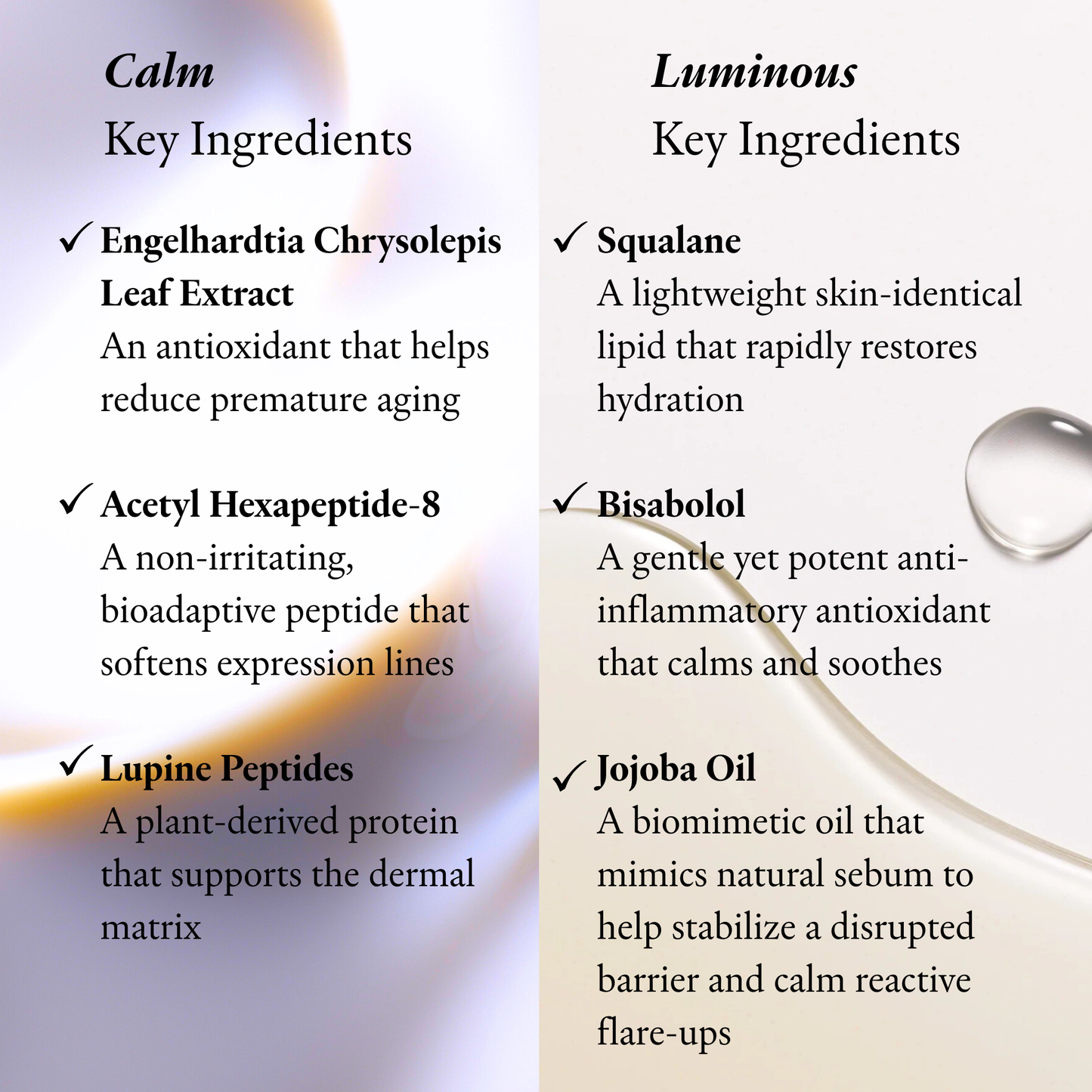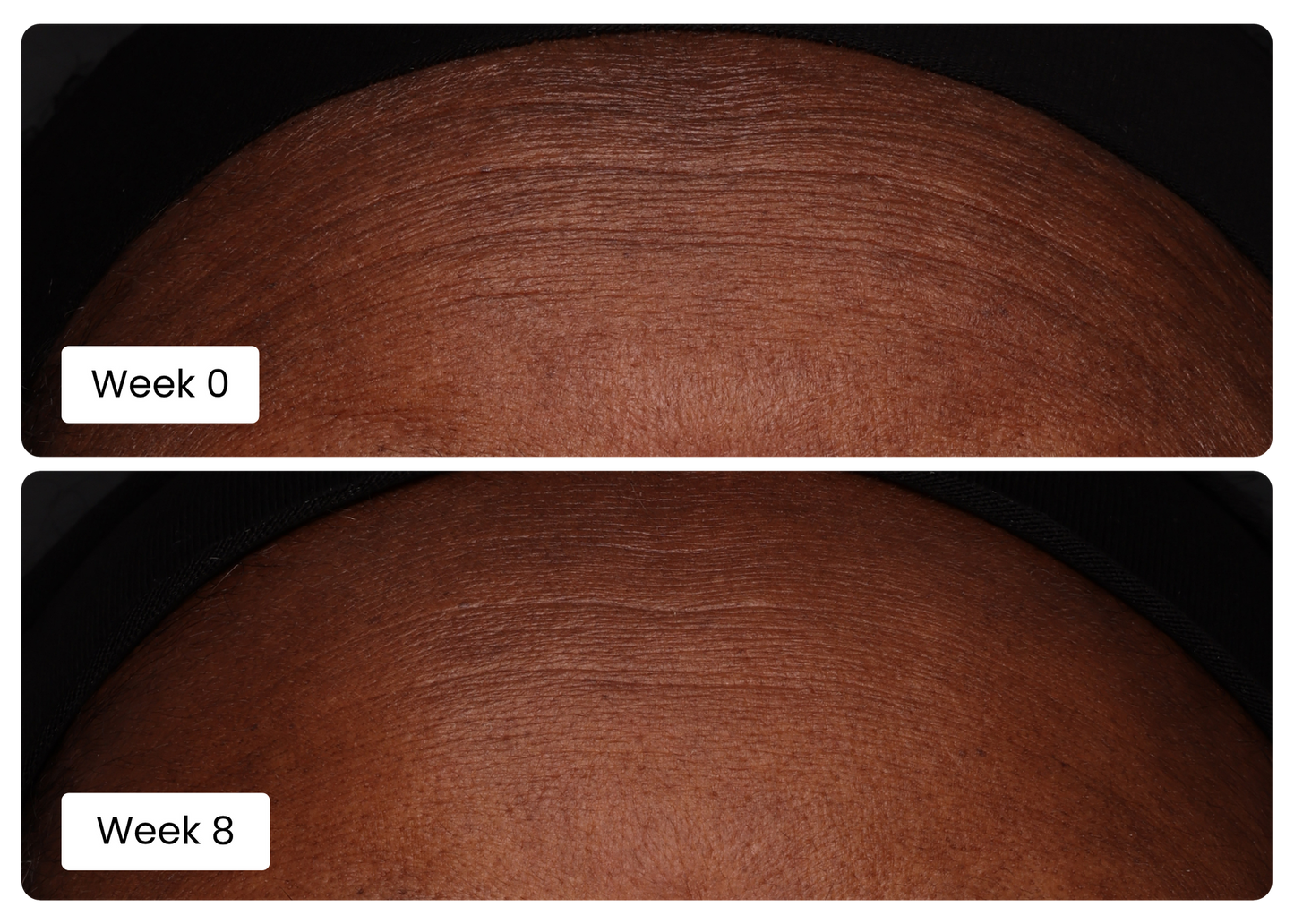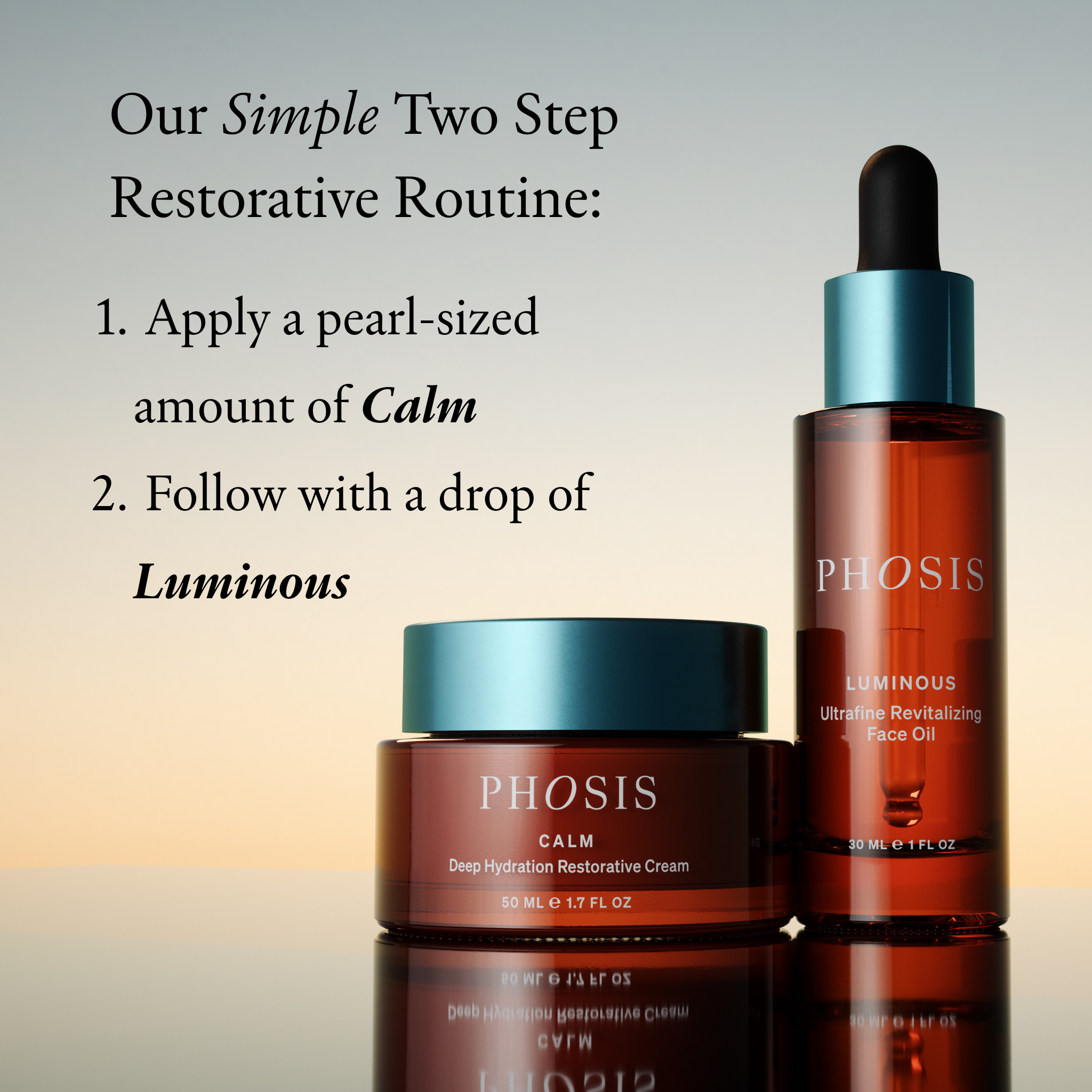Let’s talk about something that nobody warned us about. One minute you’re calmly making dinner, and the next — your partner’s breathing is suddenly unbearable. The way they chew? Grounds for divorce. That sound they make when they clear their throat? Unforgivable. You are not alone. Fun fact: Over 2,000 women a month search for “menopause and anger toward husbands.”
Yes, really. It might sound like a punchline, but for those of us living it, the joke stopped being funny somewhere around the third slammed door.
Why Can Menopause Make You Angry?
Mood swings, irritability, and full-blown “perimenopause rage” can be caused, at least in part, by hormone fluctuations. In fact, about 70% of women report anger and irritability as top symptoms during perimenopause and menopause.
Here’s what’s happening: as estrogen and progesterone start doing their hormonal rollercoaster act, they mess with neurotransmitters like serotonin and dopamine — a.k.a. the things that keep us from snapping when someone leaves the dishwasher open again.
And let’s not forget about testosterone. While it gets top billing in men’s health, women need it too — for libido, yes, but also for motivation and emotional steadiness. As it declines, patience tends to go with it. (Coincidence? Unlikely.)
When Emotions Surface: The Skin's Response to Anger and Menopause
It’s no coincidence that our skin often reflects what’s going on beneath the surface — especially during perimenopause and menopause. When stress Intensifies, the results can actually show up on your skin in the form of breakouts, irritation, and sensitivity.
Anger and stress trigger the release of cortisol, a hormone that can disrupt the skin’s protective barrier and increase oil production, leading to irritation and inflammation. Add to this the natural decline in collagen during perimenopause and menopause and several other factors, and the skin may be less radiant, plump, and resilient as it was in your 20s and 30s.
It’s Not Just Hormones — It’s the Mental Load, Too
As if the hormone circus wasn’t enough, midlife also brings the “everything everywhere all at once” phase: careers, kids (of various ages and needs), aging parents, the household, the endless decisions. Things you once handled like a pro now feel...like too much.
There’s also the emotional labor — the invisible job of keeping everyone happy, fed, and on schedule. And as estrogen dips, many women report they no longer feel compelled to “keep the peace.” Translation? You might suddenly see just how uneven things have been for years — and have zero interest in pretending otherwise.
Anger might be a mood — but it might also be a wake-up call.
5 Ways to Navigate Menopause and Perimenopause Irritability
1. Communicate Early and Often
It’s easy to chalk everything up to hormones, but sometimes the anger is pointing to to real conflict — like carrying too much of the emotional load. Honest conversations (ideally when you’re not at a 10) can open the door to shifting roles. Even the kids can step up. (Yes really.)
2. Prioritize Sleep and Blood Sugar
Two things that tank your mood faster than hormones? Bad sleep and unstable blood sugar. Aim for steady, protein-rich meals, and protect your sleep like it’s sacred (because it is). This alone can make a huge difference. No surprise here, but poor sleep quality is directly associated with increased irritability and mood swings in perimenopausal women, according to Harvard Health.
Similarly, fluctuations in blood sugar can exacerbate anxiety and emotional reactivity — two things we’re already navigating enough of, thank you very much. Stabilizing blood sugar by eating fiber, protein, and healthy fats at every meal and focusing on sleep hygiene can help regulate mood.
3. Don’t Go It Alone — Educate Your Partner
Hand your partner an article or book, send them a podcast, ask them to follow Phosis. The more they understand what’s happening, the more they can support you. In fact, research has shown that support from a partner significantly improves quality of life for women during menopause. Translation? Communication isn’t just nice — it’s necessary for your well-being.
4. See a Provider who Specializes in Menopause
For years, it's been extremely difficult for many women to get appropriate treatment for their symptoms, which only adds to the frustration and irritability you may already be experiencing. The Menopause Society keeps a searchable list of menopause-certified practitioners to make it easier for you to get the treatment you need, whether that's nutrition support, lifestyle tips and tricks, supplement recommendations, behavioral health support, or medication like hormone replacement therapy.
5. Make Space (Seriously, Take the Bath)
Carve out moments where nobody needs anything from you. A walk, a bath, a quiet coffee — even 20 minutes can reset your nervous system. Pro tip: “Movement snacks” (short bursts of gentle movement) can melt tension. A skincare routine is also an excellent way to carve out time to take care of yourself. Explore Phosis’s curated skincare rituals designed for skin in perimenopause and menopause—science-backed, sensorially rich, and made to meet you exactly where you are.
Here’s the truth: anger and irritability during perimenopause and menopause is common and rooted in hormonal changes, the demands of midlife, and possibly a long-overdue reckoning all rolled into one. The more we understand it, the more we can reclaim our balance, our voice, and yes — our sanity.
We’re here to navigate these years with you — the good, the bad, and the rage-y.
Follow along on Instagram, Substack, or Facebook for more science, solidarity, and the occasional much-needed laugh.

















